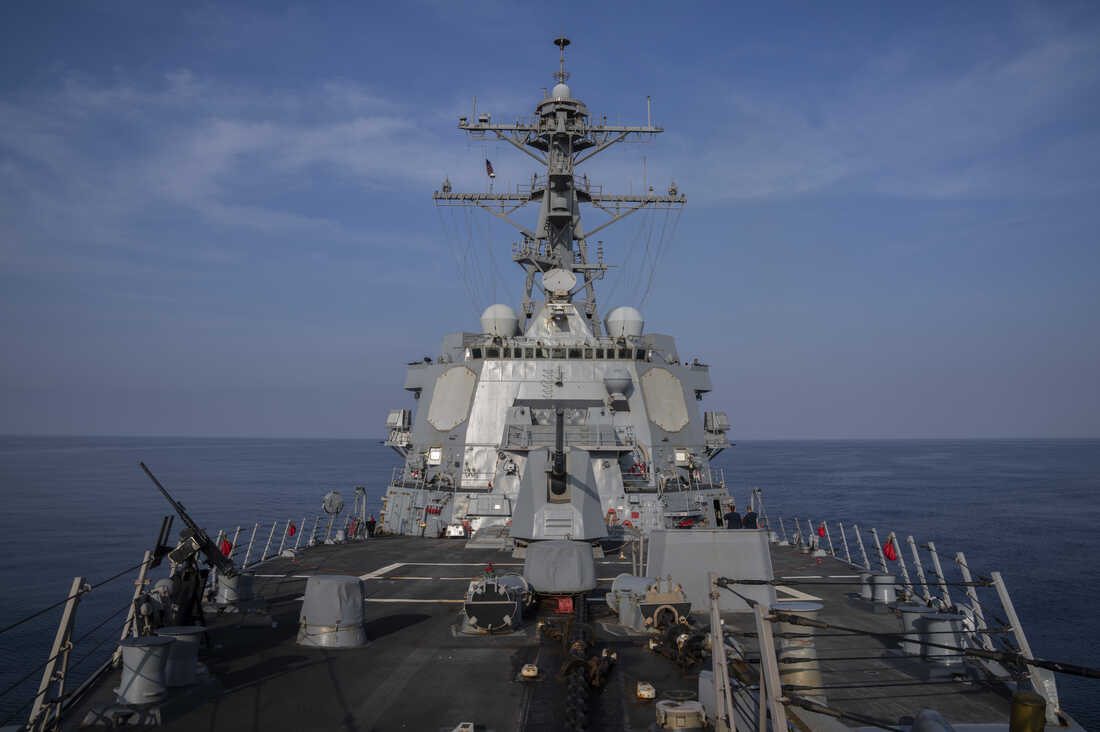On Saturday, the U.S. military executed five self-defense strikes in regions of Yemen controlled by the Houthi rebels, which included targeting an unmanned underwater vessel, as disclosed by U.S. Central Command on Sunday.
This occurrence on Saturday signified the initial observed utilization of an unmanned underwater vessel by the Houthis since the onset of attacks in the Red Sea area back in October, according to CENTCOM’s statement.
Within the timeframe of Saturday, from 3 p.m. to 8 p.m. local time, the military also carried out self-defense strikes against three mobile anti-ship cruise missiles and an unmanned surface vessel. The military clarified in a news release that it “determined they presented an imminent threat to U.S. Navy ships and merchant vessels in the region.” These actions, as stated, were aimed at safeguarding freedom of navigation and enhancing the safety and security of international waters for both U.S. Navy and merchant vessels.
In recent months, the Houthis have unleashed a barrage of drones and anti-ship ballistic missiles, targeting numerous ships and causing disruptions in a vital international shipping route. Initially, the Houthis declared their intent to solely target ships associated with Israel.
Following the commencement of their attacks, on January 11, the U.S. and British militaries, along with other allied forces, initiated the first counterstrikes in response to the Houthi assaults. Subsequently, a few days later, the U.S. government re-categorized the Houthi movement as a terrorist organization, citing escalated attacks in the Red Sea region.
The Red Sea, frequented by commercial vessels, serves as the primary maritime route between Europe and Asia. Many corporations have opted to circumvent this area due to safety apprehensions.
Major shipping companies, such as CMA CGA, Equinor, Evergreen, Hapag-Lloyd, Maersk, Orient Overseas, and ZIM, have disclosed intentions to avoid traversing the Red Sea amidst ongoing violence, as previously reported by MoneyWatch. Energy conglomerate BP announced the suspension of gas and oil shipments in the region in December. Ikea had also cautioned about potential shortages as shipping firms divert from the Red Sea.
Addressing the matter at a UN Security Council Briefing on Yemen the preceding week, U.S. Ambassador Robert Wood highlighted that redirecting a vessel around Africa entails an additional approximately 10 days and incurs an extra $1 million in fuel expenses for each one-way journey between Asia and Europe.
“The Houthis are attempting to exert control over global shipping via the Red Sea,” Wood remarked, “resulting in escalated costs for goods and provisions worldwide.”




















